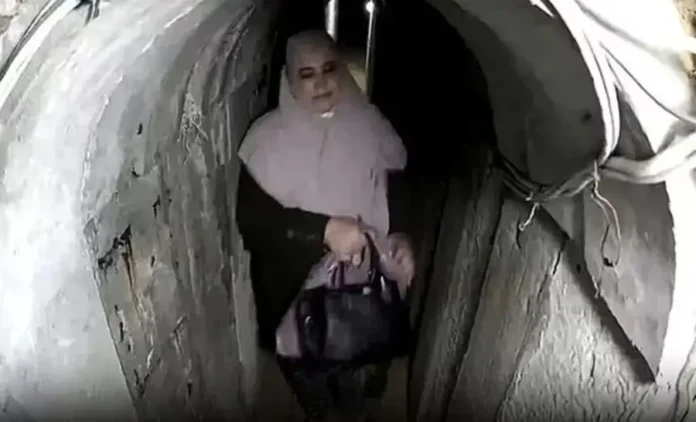Families of Hamas Officials Arrived in Turkey
Reports say that early in the conflict, several relatives of senior Hamas figures left Gaza and reached Turkey using forged passports and large sums of cash. These moves came just as Israeli forces stepped up air strikes and pushed deeper into the territory. The accounts emerged from local media outlets and eyewitnesses, though no official statement has confirmed them.
Reports of Fake Passports and Cash Aid
According to multiple local sources, the evacuation involved organized support from abroad and careful logistics that most Gaza families cannot afford. One source noted that the operation required high level coordination and significant funds, which ordinary residents lack.
Samar Abu Zamer, widow of top commander Yahya Sinwar, reportedly crossed into Turkey through the Rafah border using a forged passport and is said to have remarried months after her husband’s death. Other relatives, like Najwa Sinwar, may have left under similar conditions, though their whereabouts remain unconfirmed.
Gazans Express Outrage
Many Gazans now voice anger as their homes lie in ruins and they face food and water shortages. A young resident, who survived recent bombings, asked how leaders could protect their own kin while leaving others to suffer the fiercest attacks and hunger. He said they send their children abroad to study while his friends lose their lives in shelters. This contrast feeds a deep sense of betrayal among those who stay behind and face daily threats.
Solidarity from One Leader’s Wife
In a rare video, Umm Khaled, spouse of military official Mohammed Deif, remained in her home with three children and four mattresses and a mat on the floor. She said she would not leave and would share the same fate and hardship as her neighbors.
Observers believe this was meant to counter the idea of a mass escape by Hamas elites. Her choice won praise from some who see it as genuine support.
Ongoing Questions About Leadership and Support
While details remain murky, these departures raise doubts about the stance of Hamas leadership in the face of crisis. Critics ask if the cause was worth the cost when their own kin could flee danger while citizens endure daily air strikes.
Foreign mediators in Doha continue talks to end the fighting, yet trust in local leaders may erode if these reports hold true. Some experts say that a leadership seen as protecting only itself loses moral authority in any struggle.
Analysis and Insights
It matters when a movement’s own protectors do not share the dangers they demand others face, because this gap erodes trust and unity. And when Gaza residents see images of elite families living in comfort in Turkey or Qatar, it undercuts the very aim of resistance that leaders preach.
In that sense, the real struggle is not only on the battlefield but also between those who stay and those who walk away. If leaders want support, they must share risk and hardship. That bond of trust is what truly binds people in a common cause.


